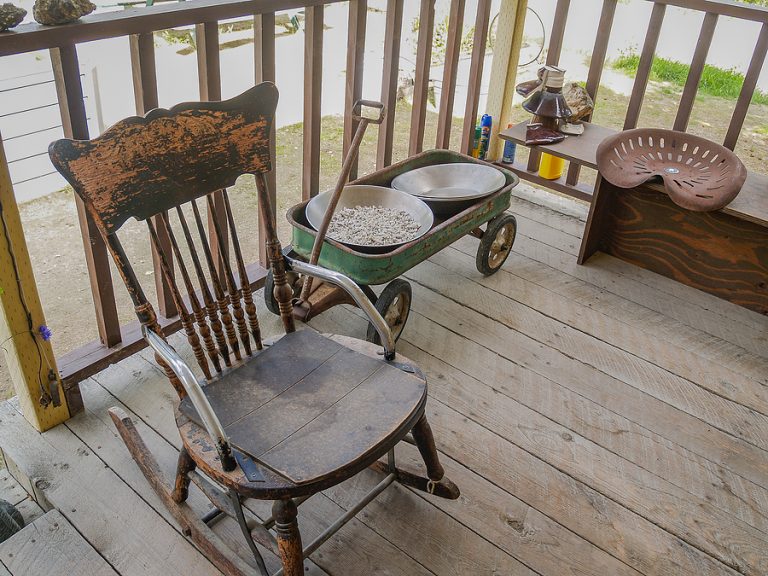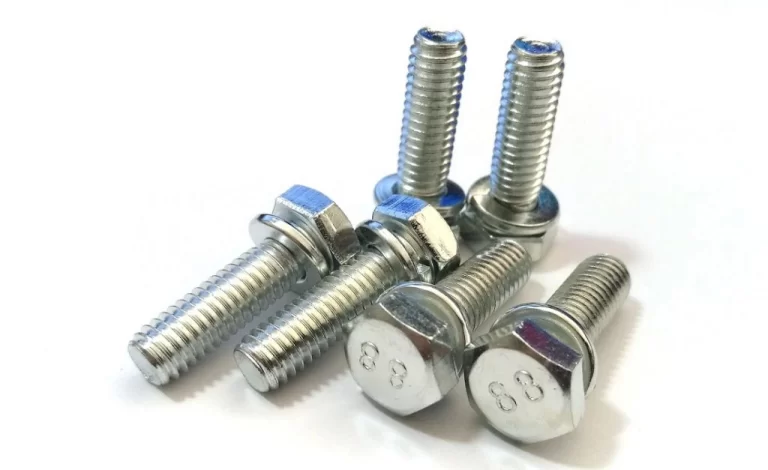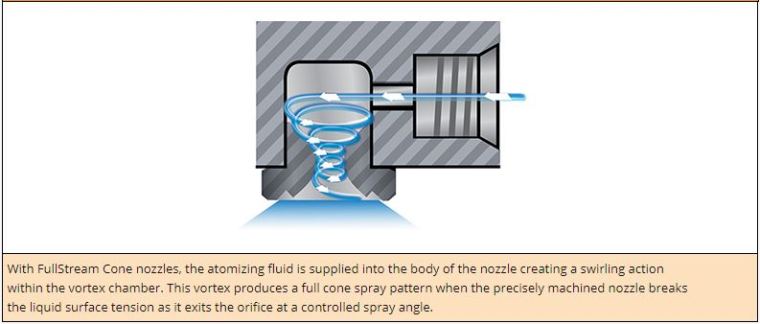How To Choose Ideal Fasteners For Valve Applications
Different types of fasteners

All types of fasteners are used in numerous industries throughout the world. But with all of the fasteners to choose from, how do you know which to use? There are specific fasteners for valve applications. But there’s more to it than just that. One of the most important considerations is to choose the proper fastener alloy – particularly if you’re working with chemical process equipment or valves that will include long-term operation.
Choosing fasteners with the strength you need is the easy part. Harder, however, is finding the corrosion resistance you are looking for. Resilient materials are essential. How resistant they need to be can depend on the environmental stress that will be applied to them. To resist corrosion cracking, the greatest level of resistance must be provided, even if minimal corrosion cracking ends up occurring. So, the question remains, how to choose?
Stress Corrosion Cracking
Notable types of stress corrosion cracking:
- Liquid metal embrittlement
- Caustic embrittlement
- Hydrogen sulfide HSSC
- Chloride SCC
Adequate general corrosion resistance is offered by austenitic stainless-steel fasteners. On the other hand, an issue may be presented by chloride SCC. If you believe that chloride SCC is going to be a problem, you must carefully analyze the conditions under which they will be used.
In many CPI plants, halogens and chlorides could be present. For some austenitic stainless steels, they can be a catalyst. Seacoast plants, for example, present an environment where chlorides are present. Stainless steel fasteners are requested by many plants that involve marine environments due to carbon steels’ corrosiveness. Unfortunately, due to chloride SCC, this can end up meaning serious failure.
To reduce general corrosion susceptibility, some type of protective coating is usually used on alloy steel fasteners. This can include cadmium or zinc plating. Once again, however, LME (liquid metal embrittlement), SMIE (solid metal induced embrittlement), or some related failure are types of environmental stress cracking that can result.
Cadmium and Zinc Plating
When carbon steel fasteners need galvanic protection, cadmium and zinc plating are commonly used. This offers a generally acceptable corrosion rate to steel fasteners. As long as elevated temperatures are not present, this is an acceptable practice.
Relatively low melting points are held by zinc and cadmium. Therefore, LME is possible when zinc and cadmium are used above or near their melting points. Similar, but occurring beneath the embrittling metal melting point, is SMIE. Avoid using plated fasteners extensively high temperatures are present, to prevent SMIE and LME.
Melfast offers fasteners of all kinds, shapes, and sizes including pieces such as hex head cap screws, flat washers, split lock washers, socket set screws, hex nuts, socket head cap screws, and more. In stock and ready to go are over 30,000 items! We offer custom packaging, blanket orders, special bulk pricing, same-day shipping, custom orders, and, of course, over 30 years of experience in selling products related to fasteners. If you would like to find out more about what we carry or order the specific fastener that is perfect for your industry, contact one of our knowledgeable representatives today.




